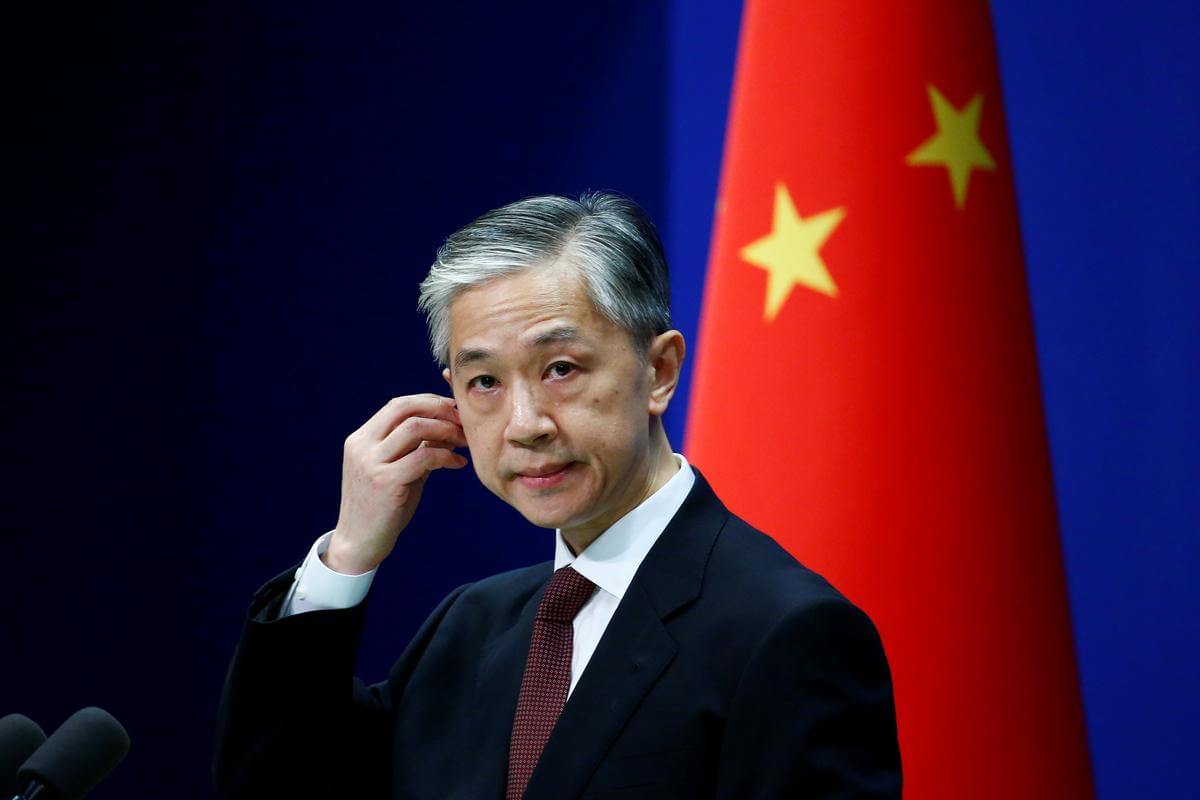On 5 August, on the first anniversary of India’s decision to revoke Article 370, which granted a special status to Jammu and Kashmir, Chinese foreign ministry spokesperson Wang Wenbin released a statement on China’s position on the Kashmir issue. He said, “China follows closely the situation in the Kashmir region. China’s position on the Kashmir issue is clear and consistent. The issue is a dispute leftover from history between Pakistan and India. That is an objective fact as laid out by the UN Charter, UN Security Council resolutions and the bilateral agreements between Pakistan and India.”
Further, he said, “China is committed to growing friendly relations with both countries and calls on the two countries to focus on national development, set store by peace and stability in South Asia, properly handle historical grievances, abandon the zero-sum thinking, avoid unilateral actions, resolve disputes peacefully through dialogue and consultation, and jointly uphold peace and stability of the region.”
Also Read: One Year Down: Has the Modi Government Achieved Any of its Goals in Kashmir?
However, Wenbin said that India’s “unilateral” decision to “change the status quo” was “illegal and invalid”. In response, the Indian Ministry of External Affairs urged Chinese authorities to avoid interfering in the internal matters of other countries. The statement by the ministry said, “[The] Chinese side has no locus standi on this matter. China is advised not to comment on [the] internal affairs of other nations.”
On the same day, China also raised the Kashmir issue before the United Nations Security Council in New York. This is the third China-backed attempt to acquire a resolution against India in the UNSC. The first was raised in August 2019 and the second in January 2020. Both the previous attempts aimed to gather the support of the international community to oppose India’s revocation of Kashmir’s special status. Supporting China’s decision, Pakistan’s Foreign Minister, Mahmood Qureshi, said, “This 3rd meeting in a year by the UN Security Council serves as a stark repudiation to the Indian claim that Jammu and Kashmir is an ‘internal matter’.”
Also Read: Turkish President Extends Support to Pakistan Over Kashmir Issue
However, like the previous attempts, China’s efforts were in vain. India’s Permanent Representative to the UN, T.S. Tirumurti tweeted that “almost all countries underlined that J&K was bilateral issue & did not deserve time and attention of Council.”
Another attempt by Pakistan fails!
— PR UN Tirumurti (@ambtstirumurti) August 5, 2020
In today’s meeting of UN Security Council which was closed, informal, not recorded and without any outcome, almost all countries underlined that J&K was bilateral issue & did not deserve time and attention of Council.
China’s statement comes amidst a growing friendship with Pakistan, which is firmly rooted in the economic investments by China in the South Asian state. On Wednesday, Pakistan approved a $6.8 billion project, which forms a part of the China-Pakistan-Economic-Corridor (CPEC). The project is largely focussed on upgrading Pakistan’s railway tracks to increase the capacity of the railway lines, along with allowing the trains to move at a much higher speed. However, several commentators are concerned about the project, which forms a part of China’s $62 billion vision in Pakistan, being a part of a “debt trap” by China. It is predicted that CPEC will result in a debt of $80 billion, 90% of which Pakistan will be compelled to pay. Once Pakistan is inevitably unable to repay the exorbitant debt, it will likely be forced to hand over a significant portion of its sovereignty.
Also Read: Pakistan Unearths $625 Million Loss From CPEC Due to Chinese Corruption
In light of these prospective concerns, Chinese-backed projects are already facing resistance in Pakistan. Earlier in the month, Pakistan-occupied-Kashmir (PoK) witnessed a series of protests against China and Pakistan following the decision of Pakistan to allow the construction of dams on the Neelam and Jhelum rivers. This week, Baloch and Sindhi separatists groups announced the formation of an alliance to counter China’s “expansionist” and “oppressive” influence in the region.
Also Read: Protests Against China and Pakistan in PoK Over Construction of Dams

